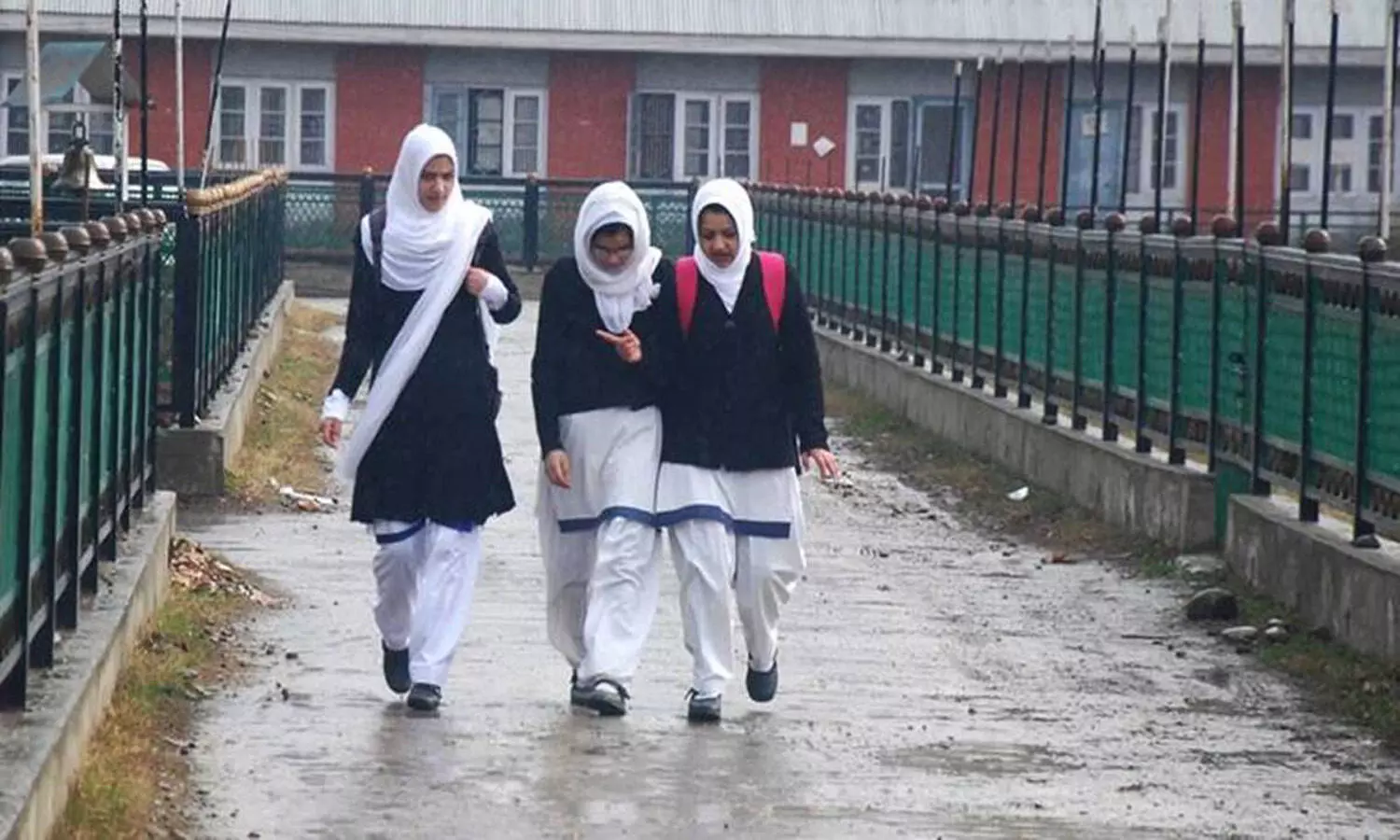TRENDING TAGS :
A New Dawn in Education: Change for Less Pressure and More Learning
Parents applaud the shift, recognizing the benefits for their children's well-being.
AISHE Report 2021-22: Trends in Higher Education Graduates
In a transformative shift, Indian schools are breaking away from conventional teaching methods to embrace modern learning approaches, focusing on mental health and real-life skills. Parents welcome the change, reflecting on the impact of reduced teaching hours on their children's well-being and overall academic experience.
Introduction:
The winds of change are sweeping through Indian schools, ushering in a new era of education that prioritizes holistic development over traditional rote learning. With a focus on mental health and real-life skills, schools are redefining their approach in the post-Covid world.
Evolution Beyond Heavy School Bags:
Parents reminisce about the days of heavy school bags causing shoulder pain and backaches, realizing how far the education system has come. Recent initiatives by the Uttar Pradesh government, planning to reduce teaching hours to 30 per week, with additional time dedicated to imparting real-life skills, mark a significant departure from the conventional model.
Expert Opinions on Teaching Hours:
While some experts see the reduction in teaching hours as a positive step, allowing deeper understanding instead of rote memorization, others caution against a one-size-fits-all approach. Prof (Dr) Gauri Bhasin emphasizes the importance of finding the right balance, considering diverse learning styles, educational goals, and societal contexts.
Parental Perspectives on the Shift:
Parents, grappling with work-life balance and increasing involvement in their children's extracurricular activities, appreciate schools taking the lead in enhancing emotional intelligence. Shreya Bareja, a parent from New Delhi, highlights the importance of schools fostering not just intelligence but also emotional quotient in the modern world.
Post-Covid Realities:
Teachers and experts contend that the post-Covid world necessitated this shift, recognizing the toll the pandemic took on students' mental and physical health. Anxiety, depression, and behavioral changes prompted a reevaluation of the education system's role in supporting overall well-being.
Addressing Mental Health Challenges:
Schools are responding to the mental health challenges by integrating yoga into the curriculum, providing dedicated student counselors, and organizing regular counseling sessions. Sakina Qasim Zaidi from The Orchids International School emphasizes the need for schools to play a crucial role in restoring students' social skills impacted by the pandemic.
The Importance of Schools:
Parents, who witnessed a decline in academic outcomes during the pandemic-induced shift to online learning, now emphasize the newfound appreciation for the physical school environment. The return to classrooms has not only improved academic outcomes but also sparked conversations among children about public health and civic responsibilities.
As Indian schools navigate these transformative changes, the focus on less pressure and more learning signals a positive shift towards a balanced education system. Balancing tradition with modern approaches, schools play a crucial role in shaping the future of education, fostering both intellectual and emotional growth.



